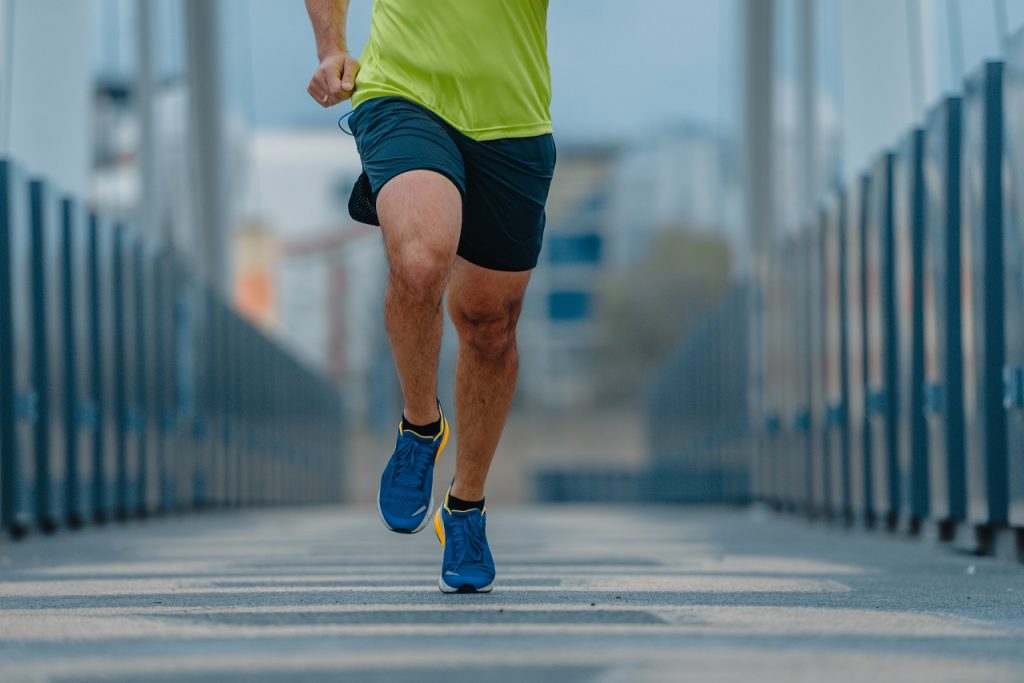
Running is excellent cardio workout and a popular form of exercise. It is a simple way to stay active, improve stamina, build stronger bones and lose extra pounds. Running does not have great prerequisites, just determination and the correct technique can help you get started. It is a proven way to lose body fat, but can running also lead to muscle loss? There are some myths around this area of running. Let us look into the possibilities and know what happens to your body when you run.
Does Running Lead To Muscle Loss?
Running is an endurance activity which means it uses the aerobic energy system to generate energy. Glycogen and fat stores are majorly used to provide energy during the run duration. The switch between glycogen and fat uses some amino acids for short term energy use. In case of a low fuel store or adequate energy availability, muscles are broken down for energy. If you continue running in this state, your muscle mass decreases, causing fatigue, muscle injury and dehydration.
What Can You Do To Prevent It?
- Balance your diet: Diet should be well balanced in carbohydrates, proteins and fats. Plenty of vegetables and fruits should be included to get the nutrients for muscle building.
- Plan on pre and post run meals: Having a pre-workout meal can support your energy during a run and keep your glycogen levels up to the mark. Muscles continue to breakdown after an exercise, so a good post workout meal aids recovery. Having foods high in carbohydrates and proteins will prevent muscle breakdown and promote muscle building.
- Focus on protein intake: It is recommended to have 0.8-1g of protein for beginners and 1.2 to 1.5g per kg of body weight for seasoned runners. Having protein in post workout meals will promote muscle protein synthesis.
- Incorporate strength and resistance training along with running, to improve your muscle mass. High intensity running, like sprinting, improves muscle mass and should be incorporated in the training. Weight training with a good diet will increase your muscle mass and muscle endurance capacity.
- Stay hydrated to prevent muscle cramps and injuries: Make it a point to keep on drinking water every 10-15 mins to keep up with the fluids lost while sweating. You can also add electrolytes, coconut water or sweet lime water, if you’re planning for a half marathon or more.
Preventing muscle loss is definitely avoidable by following correct training and a good diet! We hope this article helps you. Do leave your thoughts in the comments below! For more on muscles and fitness, check out Healthy Reads or book a live, interactive, online session, conducted by certified experts on GOQii PRO through the GOQii App.
#BeTheForce




First of all Thanks, This article helps people how to do running in a proper way with keeping all the preventive things in mind also the preventions you listed here are great advantages for the readers.
I had a great time reading your article and found it to be extremely helpful.